s the threat of the COVID-19 pandemic fades, construction work has begun to surge in Alaska. While the construction industry recovers, it is important that contractors stay abreast of what warranties are applicable to the work they are contracting to perform, as well as how warranties can provide additional sources of compensation and recovery on construction projects.
This article provides contractors with a brief roadmap to better understand express and implied warranties in construction contracts. Specifically, the article discusses the similarities and differences between express versus implied warranties, the contractor’s ability to modify or disclaim implied warranties or include express warranties in contracts, and a few of the most common legal remedies arising from express and implied warranties in construction contracts.
Use clear and plain language: The enforceability of express and implied warranties is a matter of contract interpretation; therefore, contractors should use clear, plain language and detailed descriptions to avoid differing interpretations when including express warranties and/or excluding or modifying implied warranties.
Remember: Express and implied warranties for the sale of goods are treated differently from express and implied warranties for performance of construction services.
- Title to all work, materials, and equipment covered by any application for payment, whether incorporated in the project or not, will pass to the owner no later than the time of payment free and clear of all liens; and
- That the contractor’s work will be free from defects and in conformance with the contract documents.
As an example, the express warranty in the construction contract at issue in Lewis v. Anchorage Asphalt Paving Co., stated, “All work is to be completed in a workmanlike manner according to standard practices.” 535 P.2d 1188, 1195–96 (Alaska 1975). Express warranties can also be used to limit a contractor’s liability by expressly modifying or disclaiming implied warranties regarding the contractor’s own work on a project. The negotiation of an express warranty in a contract may be beneficial to disclaim or modify the scope of an implied warranty’s time period, what exactly is being warranted (e.g., labor, material, etc.), and what remedy will be required.
- The contractor ordinarily assumes that the owner will provide a design adequate for the owner’s purposes, will cooperate with the contractor in performing the contract, and will disclose information material to the contractor’s performance;
- The owner assumes that the architect or engineer will prepare a design suitable for the owner’s purposes and requirements with reasonable care, skill, and diligence, meeting the standards of their profession;
- The owner assumes that the contractor will construct the project pursuant to its design with reasonable diligence and in a good and workmanlike manner;
- The owner, design professional, and contractor assume that building materials furnished by manufacturers or suppliers will be of merchantable quality and fit for their intended purposes and, if appropriate, will be furnished with information on proper use;
- The owner and design professional assume that the contractor will seek clarification of any obvious deficiencies in the design documents; and
- Each party assumes that all parties will act in good faith and will cooperate so as to avoid hindrance, interference, or delay in timely completion of the project.
The implied warranties above provide legal remedies for contractors when issues arise during a project. For example, if a contractor incurs additional costs for redoing work or changing its scope of work due to design defects, the contractor can bring a claim for damages under the implied warranty of workability against the owner of the project. See State, Dep’t of Nat. Res. v. Transamerica Premier Ins. Co., 856 P.2d 766, 772 (Alaska 1993).
Construction contractors are positioned to use express and implied warranties to their advantage when provided the opportunity. Contractors should aggressively negotiate construction contracts to include express warranties that may be advantageous if disputes arise during a project. Implied warranties also provide several legal remedies for construction contractors. Some of the most common implied warranties for potential legal remedies include the implied warranty of workability due to design defects, the failure to complete work in a workmanlike manner, or the failure to cooperate in good faith. Potentially advantageous express warranties include modifying or disclaiming implied warranties in a contract that could provide a source of recovery for the other contracting party. Thus, while express warranties can limit a contractor’s liability, contractors should remember that express and implied warranties can also provide legal remedies for recovery during the performance of construction contracts.
